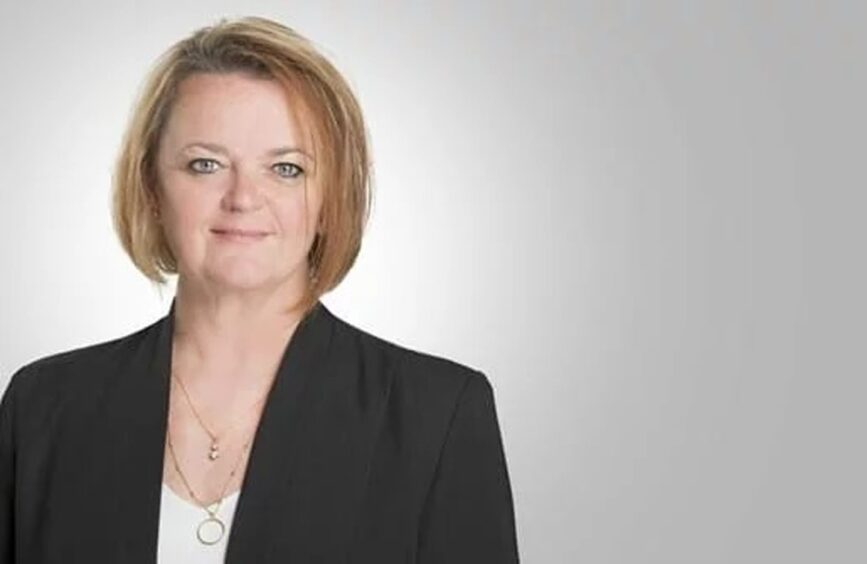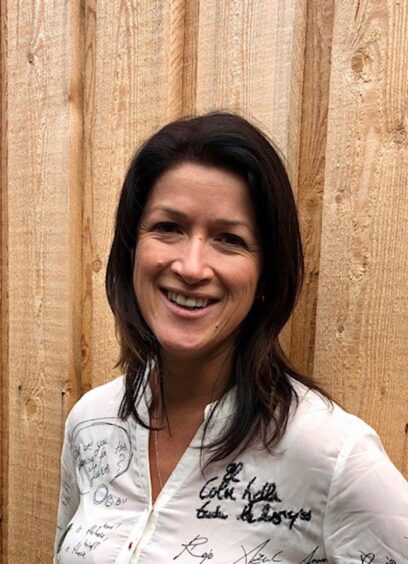
Twenty years ago, women could only dream about discussing brain fog and hot flushes in the workplace.
And sometimes they could not even do that due to the insomnia.
In the last few years, however, menopause and perimenopause have become hot topics.
Now, instead of ignoring uncomfortable womanly health issues, employers and staff are making more of an effort to offer information, training and flexible working.
Especially after realising they could be losing a lot of their workforce to it.
But has it been all talk and no progress?
The rise of menopause
Menopause has been gaining footing in the spotlight partly due to media such as Davina McCall’s Sex, Mind and the Menopause.
The Women and Equalities Committee report on menopause and the workplace found women in work experiencing menopause face three possible problems.
These are the symptoms (which affected 99% of those surveyed), discrimination and loss of income.
Due to related tiredness or lack of confidence mixed with possible workplace discrimination, many women start to drop out of the workplace.
Unfortunately, this is an issue that is still occurring.
Just last month, Karen Farquharson, an office manager from Peterhead, won a £37,000 payout after her boss accused her of using menopause as an “excuse for everything”.
Among other things, the judge on the panel accused Ms Farquharson’s boss of clearly lacking empathy.
A trait which chief financial officer at Net Zero Technology Centre (NZTC), Nicola McIntosh, said is essential when approaching the topic and one of the good things to come out of the pandemic.
Honesty and flexibility: Could be as simple as an afternoon nap
“I think the pandemic taught us an awful lot about making sure that the whole person was OK and not just the person that you see at work,” she said.
“There’s other stuff going on in this whole bit which will impact the bit that you are when you’re at work, and menopause certainly falls into that category.”
With women making up half of the leaders and board at NZTC, Nicola said they realised it was important to make their position known on supporting women through the menopause and talking about it within the company.
Experiencing it herself, it is an example Nicola tries to personally model.
Before deciding to go on HRT, Nicola said working became a lot harder and more frustrating as she battled fatigue, aching joints and brain fog.
She said: “It made me feel quite frustrated because I’ve always been somebody that’s been quite on top of everything.
“I knew there was something that was not quite right with me.
“Some afternoons I’d be sitting exhausted and speaking to colleagues and they’d say ‘Nicola, would you please just have a sleep’.
“And I did… I would go and curl up in bed for an hour, it was lovely.”
Still remains ‘taboo’ subject in some sectors
Nicola added it is this level of honesty and flexibility that makes all the difference and gives others the permission to do the same.
Sometimes it could be as small an adjustment as having a fan on the desk.
“The adjustments that you can make in the workplace will more than pay themselves back in value by what you then get,” she added.
“It’s really important women feel comfortable to talk about it, but also men – realise you have to be involved in this conversation too.”
Aberdeenshire HR and wellbeing consultant, Kim Woolner, agreed, but said sadly, some sectors still have a long way to go.
Having just left an HR post in the energy sector in Aberdeen, she said there are some firms where the subject remains very much a “taboo”.
“They’re saying the right things,” she said. “But I do think there’s a lack of management training on women’s health issues.
“It really is about education and awareness and getting people comfortable talking about it.”
Needs to be more than ‘lip service’
While Kim said some companies have done “fantastic” work such as setting up women’s groups and menopause cafes, there are others that have policies in place but little action.
As an ambassador of wellbeing and positive change through her various roles, Kim added nothing will change if attitudes stay the same.
She said: “It’s all well and good signing up for these things but it’s more than the lip service.
“It’s how you’re actually introducing it into the workplace.
“Leadership behaviours are important because that’s what demonstrates what culture is like in an organisation.
“It really does come down to leadership behaviours… and treating people with dignity and respect.”
NHS Highland raising awareness
Hame Lata, an NHS Highland consultant in sexual and reproductive health and BMS registered menopause specialist and trainer, said the body had a menopause policy in place since October 2021 ahead of the Once for Scotland policy.
She said: “There is great variation in how women will experience the menopause transition, with some having no symptoms at all, and some experiencing severe symptoms which significantly impacts their quality of life and their ability in the workplace.
“The aim is to raise awareness with all colleagues of the effects of menopause and foster an environment in which colleagues can openly and comfortably converse about the menopause in a respectful and supportive manner.”
This includes educating managers on supporting those experiencing menopause and offering tools and help to those affected.
She added: “There has been a significant improvement in knowledge and awareness about the menopause and how individuals can access support and further treatment.”















Conversation